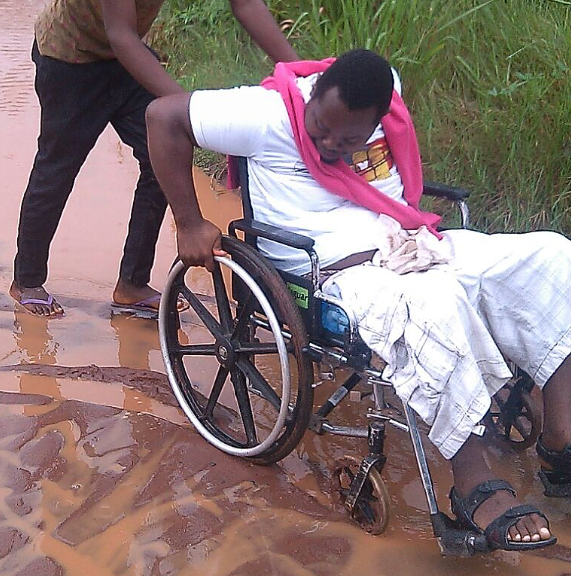
Most people who are living with spinal cord injury in Nigeria are unable to participate in the economy and have mostly dropped out of society.
People with SCI in Nigeria are not likely to advance in school. This happens because of the lack of infrastructure in schools which is wheelchair accessible. As a result, few people with SCI in Nigeria have a university education or degree. The lack of accessible transportation system is another factor which hinders them from going to school.
In the rare situation where someone with SCI can manage to get to the school, he or she will find out that the lecture hall is on the second floor of a two story building and there is no elevator. How could this person cope with this problem repeatedly? At some point, you will find that the individual is withdrawing and losing interest in his or her class. It’s not because he or she is not intelligent enough to attend class, but because of the constant toll of the inaccessibility wearing on him.
In terms of transportation, there is barely a car in Nigeria which is wheelchair accessible. If you don’t have your own private car to use for transportation you have to hire a charter. When you consider how much you spent on a charter every day to go to school, you will likely loose interest due to the large ongoing expense.
People with sci in Nigeria are not provided by a government a stipend to help them cope. It is very unlikely that they will be able to work in any capacity or field of endeavor. At the end of the day, they have to rely on their family and friends for support.